Introduction
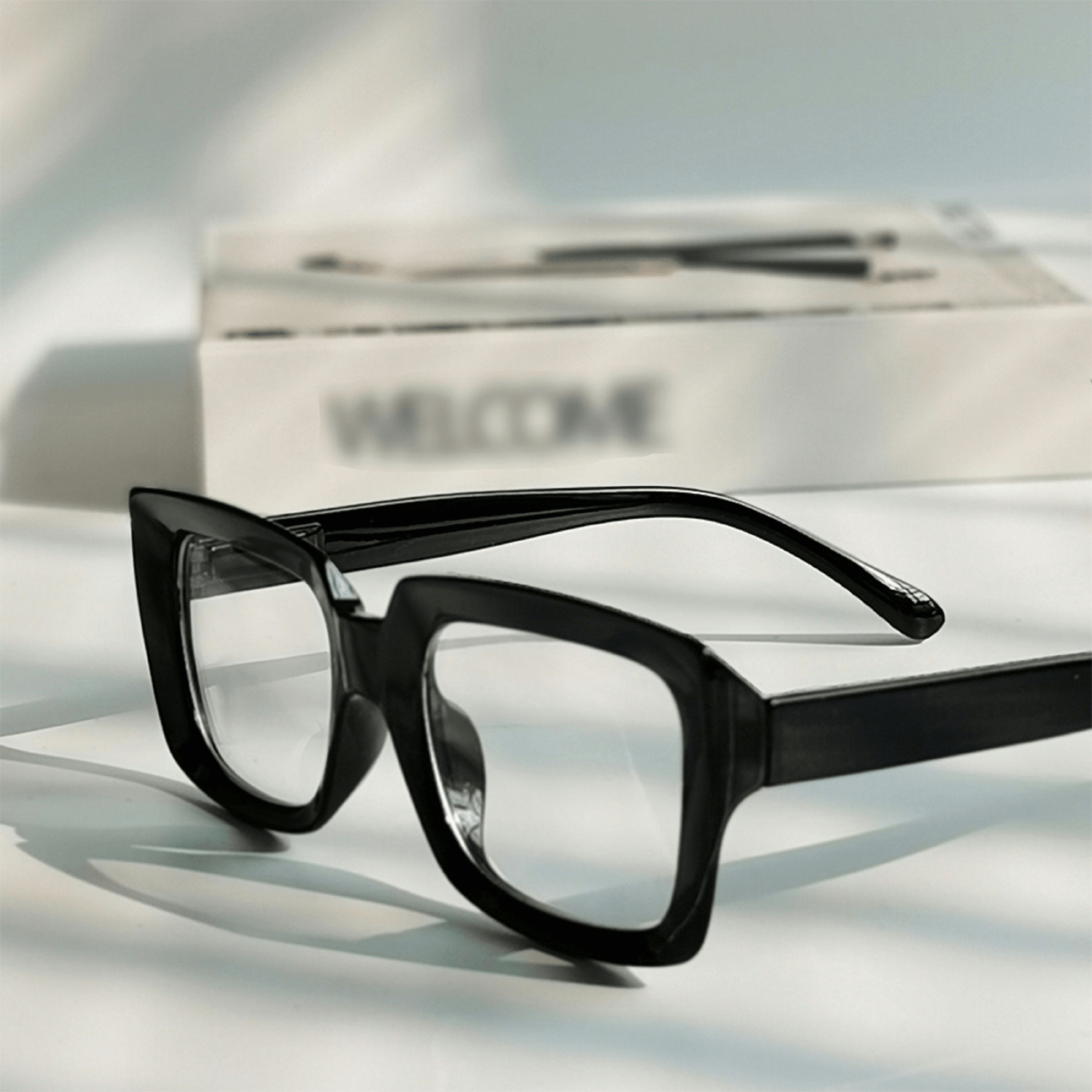
Choosing the right eyewear is more than just a matter of vision correction; it’s an expression of your personal style and comfort. With a variety of materials available, the debate often boils down to acetate vs metal frames. Each type has its own unique characteristics, advantages, and disadvantages that can significantly influence your decision.
Acetate vs Metal Frames: The Basics
Acetate frames are crafted from a plant-based plastic, offering vibrant colors and patterns that can elevate any outfit. On the other hand, metal frames provide a sleek, modern aesthetic with their minimalist appeal. Understanding these foundational differences is essential when pondering questions like Are metal frames better than acetate? or What are the disadvantages of acetate frames?
Why Your Frame Choice Matters
Your choice in eyewear frames can impact not only your appearance but also your comfort and lifestyle. The question Which material is best for eye frames? often arises because both acetate and metal come with their own pros and cons that cater to different needs. Whether you prioritize style over durability or vice versa, knowing what each material offers will help you make an informed decision.
Overview of Style and Function
In the world of eyewear fashion, acetate glasses vs plastic is another common discussion point; however, it's crucial to recognize that acetate itself is a type of plastic known for its quality and versatility. Metal frames typically offer a more refined look but may lack some color options available in acetate styles. Ultimately, understanding how these materials blend style with function will guide you toward selecting the perfect pair for your unique taste.
What Are Acetate Frames?
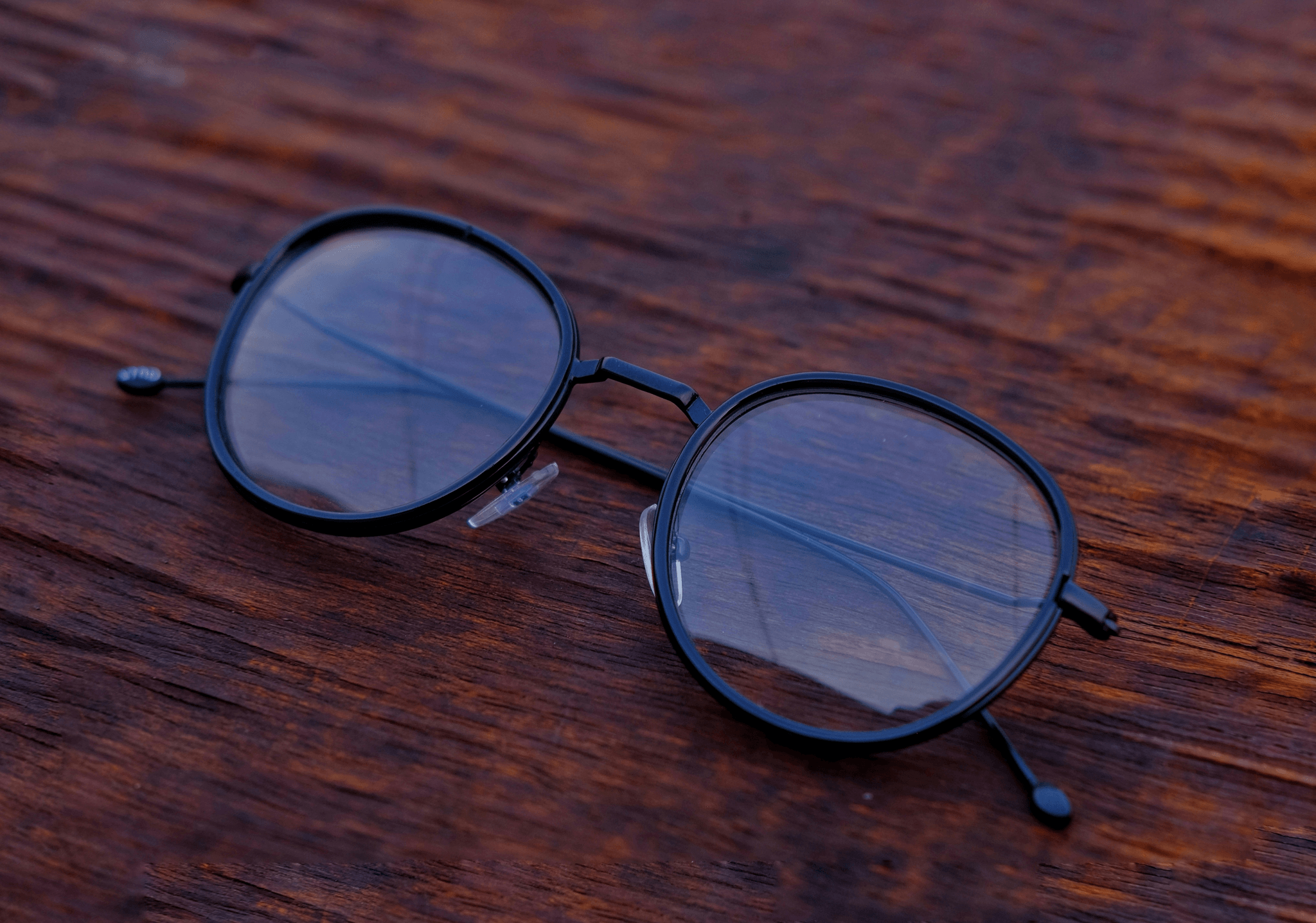
Acetate frames have become a popular choice in the eyewear industry, often standing out for their unique aesthetic and versatility. Made from cellulose acetate, a plant-based plastic, these frames offer a lightweight feel while providing vibrant colors and patterns. But how do they stack up against their metal counterparts? Let’s dive into the world of acetate frames and explore what makes them tick.
A Journey into Acetate Material
Acetate is derived from natural sources like cotton or wood pulp, making it a more eco-friendly option compared to traditional plastics. This material can be molded into various shapes and sizes, allowing for intricate designs that appeal to fashion-forward individuals. The flexibility of acetate enables designers to create bold styles that can range from classic to contemporary, making it a favorite in the debate of acetate vs metal frames.
Famous Brands Using Acetate
Several renowned eyewear brands have embraced acetate as their primary material due to its aesthetic appeal and comfort. Brands like Ray-Ban and Persol have crafted iconic styles using acetate, showcasing its ability to combine fashion with functionality seamlessly. From retro-inspired looks to modern designs, these brands demonstrate why many ask, Are metal frames better than acetate?
Pros and Cons of Acetate Frames
When weighing the pros and cons of acetate frames, it's essential to consider both sides carefully. On the upside, they are lightweight, available in myriad colors and patterns, and generally more affordable than metal options; however, they may not be as durable as their metallic counterparts over time. Some might wonder about the disadvantages of acetate frames—while they can be prone to scratches and may require more careful handling than metal frames, many still prefer them for their stylish flair.
Ultimately, when considering which material is best for eye frames—acetate or metal—it boils down to personal preference and lifestyle needs.
Discovering Metal Frames

Metal frames have long been a staple in the eyewear industry, known for their sleek design and durability. When considering acetate vs metal frames, many wearers are drawn to the modern aesthetic that metal offers. But what exactly makes these frames stand out?
Types of Metal Used in Eyewear
When it comes to metal frames, various materials are utilized to cater to different preferences and needs. Common metals include stainless steel, titanium, and aluminum, each offering unique benefits such as lightweight construction or corrosion resistance. Choosing between these options can significantly impact your experience with eyewear—so it’s essential to consider which material is best for eye frames based on your lifestyle.
Stainless steel is popular for its strength and affordability, while titanium is favored for its lightweight nature and hypoallergenic properties. Aluminum frames provide a trendy look but may not be as durable as their stainless steel counterparts. Ultimately, understanding the types of metal used in eyewear can help you make an informed decision when weighing acetate vs metal frames.
Iconic Metal Frame Designers
Several designers have made significant contributions to the world of metal eyewear, elevating them from mere accessories to fashion statements. Brands like Ray-Ban and Persol have crafted timeless designs that showcase the elegance of metal frames while ensuring functionality. Their iconic styles often serve as benchmarks in discussions about whether plastic or metal frames are better.
For those seeking luxury options, brands such as Gucci and Tom Ford offer stunning designs that merge artistry with practicality. These designers understand how to balance style with comfort—a crucial factor when deciding between acetate glasses vs plastic or metal alternatives. With so many iconic designers behind them, it's no wonder that metal frames continue to capture attention.
Pros and Cons of Metal Frames
Like any choice in eyewear, opting for metal frames comes with its own set of advantages and disadvantages—essentially making the question Are metal frames better than acetate? a matter of personal preference! On one hand, they tend to be more durable than acetate options; on the other hand, they may not offer the same level of color variety or customization.
Metal frames can provide a sophisticated look while being less prone to breakage compared to acetate models; however, they might feel heavier on your face over time. Additionally, some people find that certain metals can irritate sensitive skin—a disadvantage worth considering if you're prone to allergies or discomfort from specific materials like nickel found in some alloys.
Ultimately, evaluating both acetate frames pros and cons alongside those of their metallic counterparts will guide you toward making an informed choice tailored specifically for your style needs.
Style Showdown: Acetate vs Metal
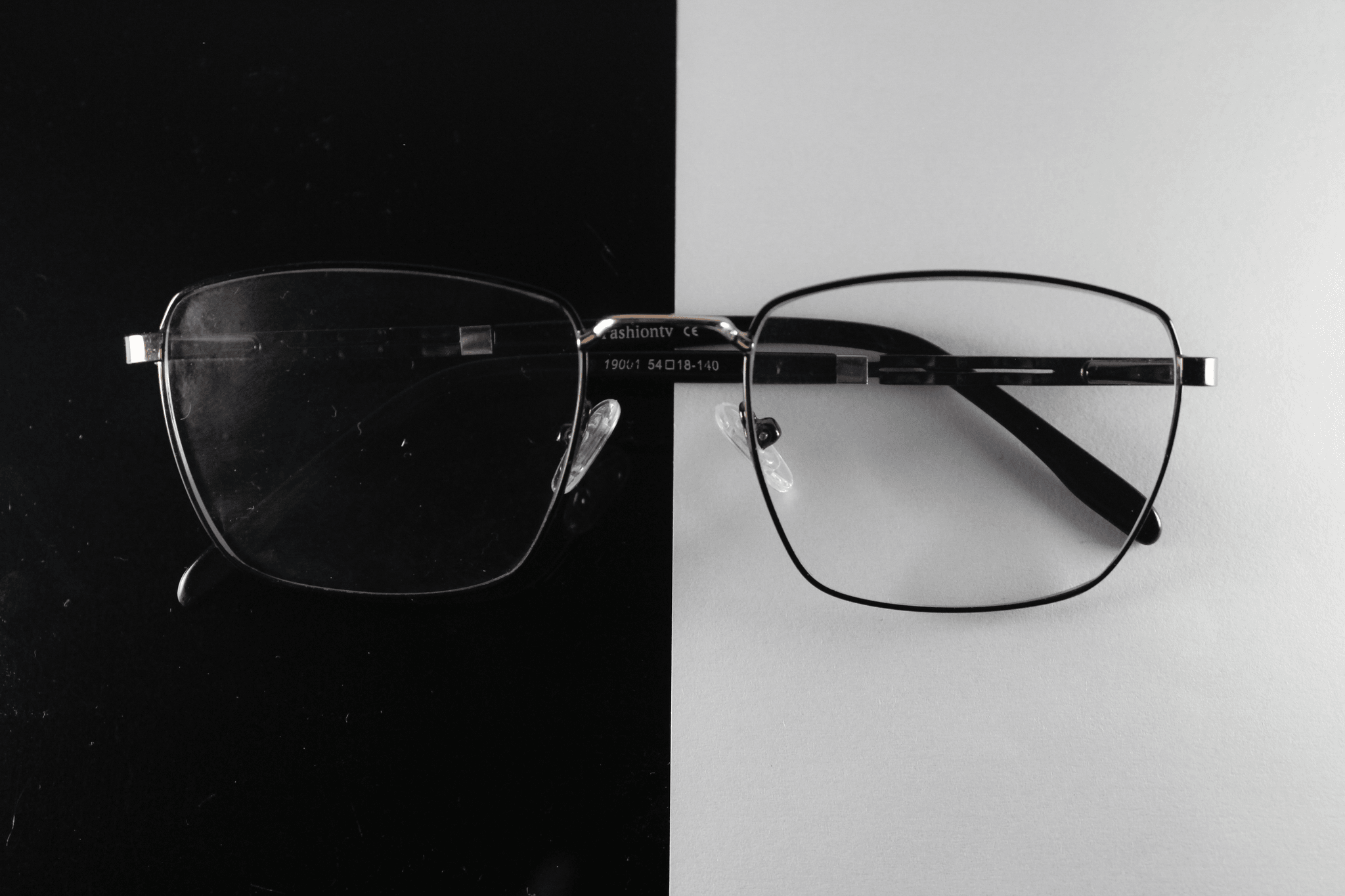
Design Versatility and Aesthetics
Acetate frames are renowned for their ability to be molded into various shapes and styles, offering a wide array of designs that appeal to different tastes. Whether you’re looking for bold cat-eye silhouettes or sleek rectangular options, acetate provides the flexibility needed to create standout pieces that can elevate any outfit. On the other hand, metal frames boast a timeless elegance with clean lines and sophisticated finishes; they often exude a minimalist aesthetic that can be both modern and classic.
When comparing acetate vs metal frames in terms of aesthetics, it’s essential to consider how each material complements your personal style. Are metal frames better than acetate? It really depends on whether you prefer contemporary chic or vibrant flair. Ultimately, both materials have their charm; it’s all about what resonates with you.
Color Choices and Customization
One of the most exciting aspects of acetate glasses is their extensive color palette and customization options available today. From vivid hues to subtle pastels, acetate allows for creative expression that can match any wardrobe or mood. This versatility makes it easy to find something unique—perfect for those who want their eyewear to reflect their personality.
In contrast, metal frames typically come in more subdued colors like silver, gold, or black; while these shades are classic and sophisticated, they might lack the playful edge found in acetate options. However, many brands now offer anodized finishes or colored coatings on metal frames as a way to expand customization choices without losing durability. So when debating which material is best for eye frames based on color variety alone—acetate undoubtedly takes the lead!
Fashion Icons Rocking Each Style
Fashion icons have long embraced both acetate and metal frame styles in their eyewear choices—each representing different facets of fashion history. For instance, celebrities like John Lennon famously donned round metal glasses that became synonymous with counterculture movements in the '60s and '70s; these iconic looks continue influencing modern trends today! Meanwhile, stars such as Rihanna have been spotted sporting oversized acetate sunglasses that scream boldness while showcasing her daring fashion sense.
The question arises: Are plastic frames better than metal? While better is subjective based on individual preferences—the popularity of each among influencers proves there’s room for both styles in contemporary fashion narratives! By examining how these materials are styled by trendsetters across various industries—from musicians to actors—you can gain insights into how either frame type could enhance your own look.
Comfort and Fit: A Frame's Role
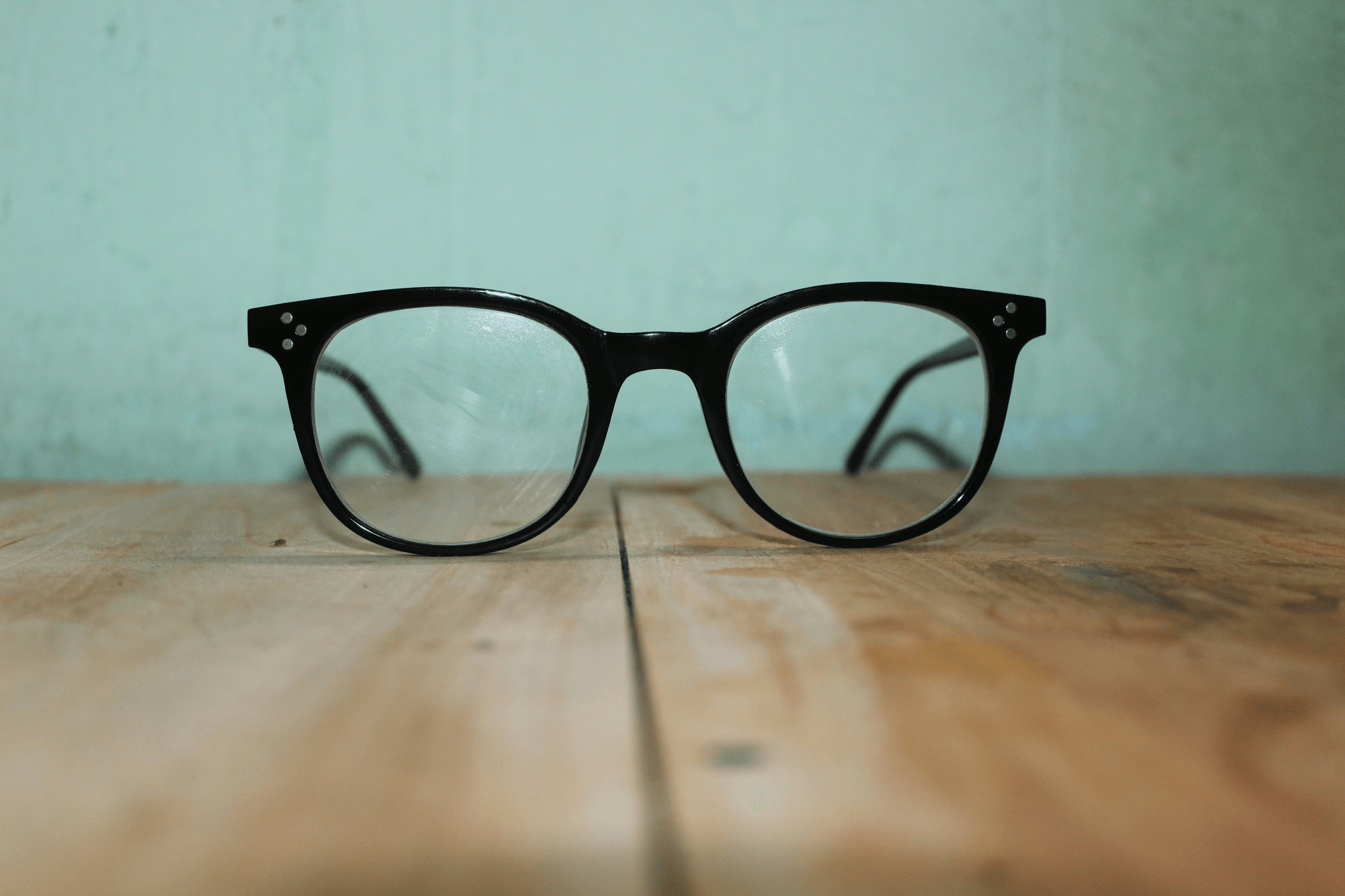
Weight Differences Between Materials
One of the most noticeable differences between acetate and metal frames is their weight. Acetate frames tend to be lighter than their metal counterparts, which can make them more comfortable for prolonged wear. However, some people prefer the sturdiness of metal frames, leading to the question: Are metal frames better than acetate? Ultimately, it depends on personal preference and lifestyle.
Adjustability and Maintenance
Adjustability is another crucial factor in frame comfort. Metal frames often come with adjustable nose pads that allow for a custom fit, while acetate frames typically do not offer this feature but can be adjusted by professionals if needed. Maintenance also varies; while acetate may require occasional cleaning to maintain its luster, metal frames might need more frequent tightening or adjustments over time.
Customer Preferences in Frame Comfort
Customer preferences play a significant role when choosing between acetate glasses vs plastic or metal options. Many individuals find that acetate offers a softer touch against their skin compared to colder metals that can sometimes irritate sensitive skin types. However, others swear by the sleek feel of well-fitted metal frames—showing that comfort truly is subjective!
Durability and Lifespan Comparison

How Acetate and Metal Hold Up
Acetate vs metal frames presents a fascinating discussion about longevity. While acetate is lightweight and offers flexibility in styles, it typically does not withstand heavy impact as well as metal does. Are metal frames better than acetate? In many cases, yes—especially for those who lead an active lifestyle or work in environments where eyewear might take a beating.
Real-World Experiences: User Insights
User experiences often shed light on the real-world durability of these frame types. Many wearers of acetate glasses report satisfaction with their comfort but note that scratches can accumulate more easily than on metal options. Conversely, fans of metal frames appreciate their resilience but sometimes find them less comfortable due to weight; thus leading some to ask: What are the disadvantages of acetate frames?
Repair and Longevity Considerations
Repairing eyewear is another crucial aspect when comparing acetate glasses vs plastic versus metal options. While both materials can be repaired, metal frames may offer more straightforward fixes like tightening screws or replacing broken hinges. On the flip side, repairing acetate can be trickier; although it’s possible to fix minor scratches or chips using specialized kits, significant damage often requires replacement—prompting many to wonder which material is best for eye frames overall.
Conclusion
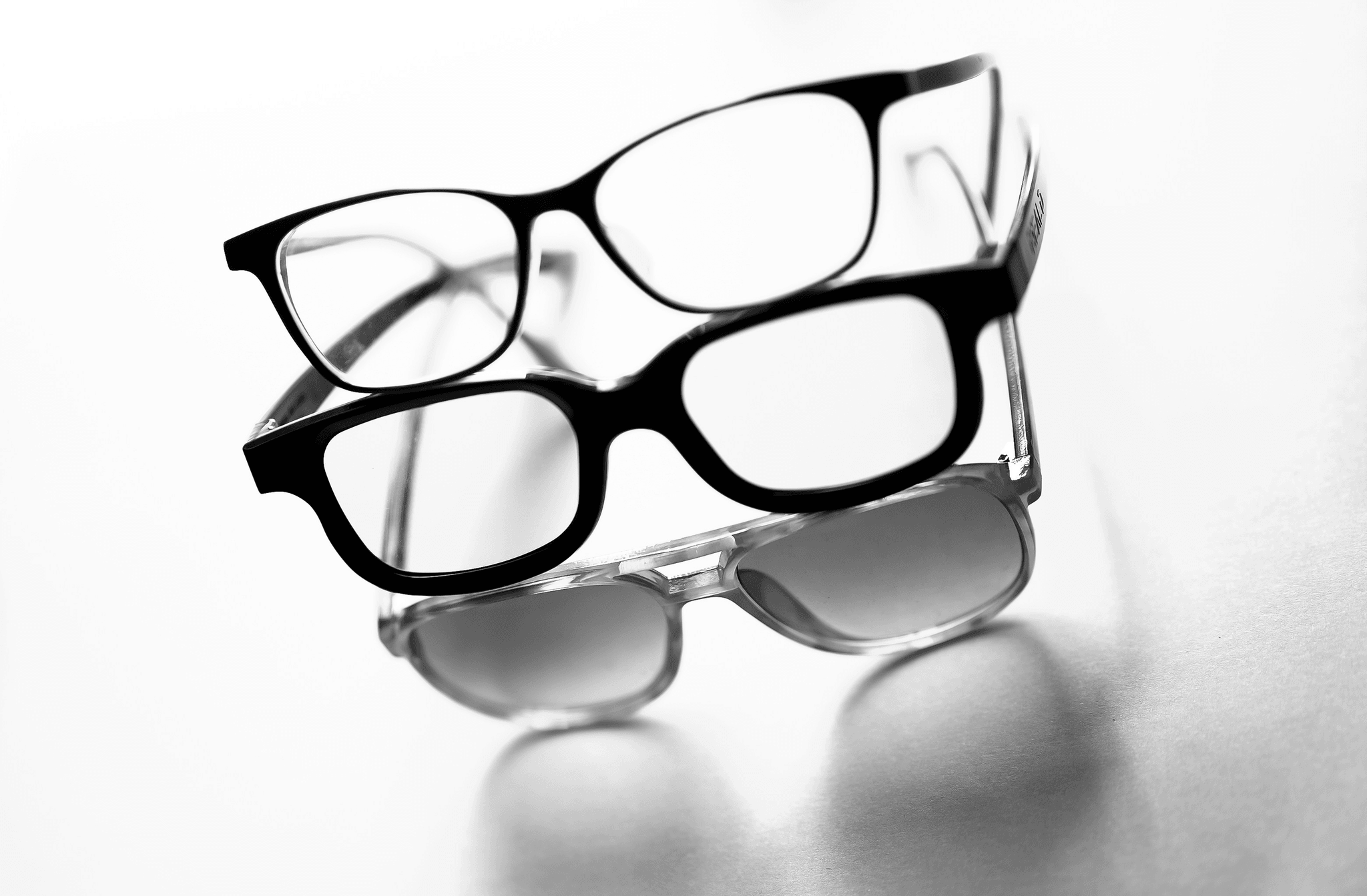
Choosing the right eyewear frame is more than just a fashion statement; it’s about finding what fits your lifestyle best. With the ongoing debate of acetate vs metal frames, understanding their unique features can guide you to a decision that complements both your style and needs. Whether you're swayed by the lightweight comfort of acetate or the sleek durability of metal, knowing the pros and cons will help you make an informed choice.
Making the Right Choice for Your Lifestyle
When considering acetate vs metal frames, think about your daily activities and personal preferences. Are metal frames better than acetate? It really depends on how you plan to use them; for instance, if you lead an active lifestyle, metal might offer more resilience. However, if comfort and style are paramount, acetate frames could be your go-to option despite some disadvantages like susceptibility to scratches.
How Daposi Can Help You Decide
At Daposi, we believe in bringing your vision to life—beyond eyewear and beyond expectations! Our commitment goes beyond just providing options; we help you navigate through choices like acetate glasses vs plastic or whether plastic frames are better than metal for your needs. With our expertise in customization and innovation, we ensure that every pair of glasses not only meets but exceeds your expectations while aligning with your unique style.
Elevate Your Look with Quality Eyewear
Investing in quality eyewear is essential for both functionality and fashion. Whether you lean towards acetate frames pros and cons or simply want to explore which material is best for eye frames, remember that quality should never be compromised. With Daposi's dedication to sustainability and innovative designs, elevating your look has never been easier—let us help transform your eye frame dreams into reality!
